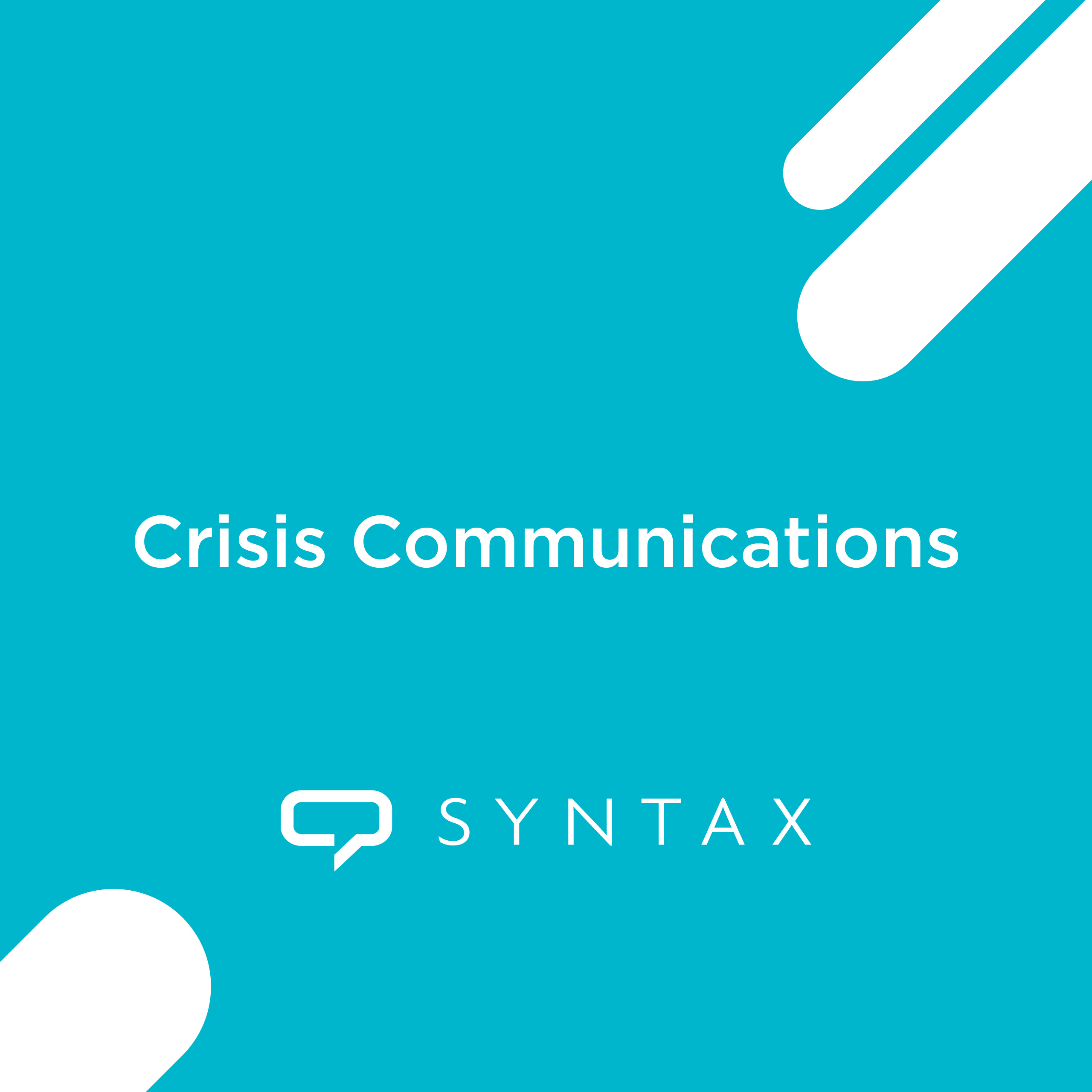Insights | Blog
Managing a Crisis in Politics
When It Hits the Fan: Managing a Crisis in Politics
In politics, it’s not a matter of if a crisis will hit—it’s when. And how you handle it will define not just your campaign, but your credibility.
From off-the-cuff comments to policy missteps to third-party revelations, crises can snowball in seconds. But the best political teams don’t panic—they prepare.
Here’s how to manage a political crisis with clarity, control, and integrity:
1. Don’t Hide
Silence is not strategy. In a crisis, the public—and the media—will fill the void if you don’t speak. Acknowledge the situation early, even if all the facts aren’t in yet. Saying “We’re looking into it and will provide an update shortly” is better than saying nothing at all.
2. Get the Facts. Fast.
Before you respond in full, you need the truth. Gather the facts, verify the details, and understand the scope. What actually happened? Who’s involved? What’s at stake? Speed matters, but accuracy matters more.
3. Own What You Can.
If there’s fault, own it. Canadians respect accountability far more than defensiveness. A sincere, straightforward apology can stop a news cycle. A defensive, evasive one? That just fuels it.
4. Stay Human
Behind every story is a human reaction. Show empathy. Speak with emotion—but not drama. Talk like a real person, not like you’re reading from a legal brief. When people are angry, hurt, or confused, they want to hear from someone who gets it.
5. Keep It Tight
Your response should be clear, consistent, and delivered by one voice (ideally the candidate or a trusted spokesperson). Don’t allow mixed messages or internal debate to play out in public. It only adds fuel to the fire.
6. Control the Narrative
Once you’ve responded, shift the conversation. Don’t let the crisis define your campaign. Refocus on your core message—what you stand for and who you’re fighting for. Rebuild momentum with discipline and presence.
7. Debrief and Learn
When the dust settles, take the time to review what happened. What could have been avoided? Where did communications break down? What systems need to be tightened? A crisis should make your campaign stronger—not weaker.
Bottom line? The best crisis response is built on preparation, honesty, and empathy. Politics is a high-stakes, high-pressure game—but when you lead with integrity, even your worst moments can become a turning point.


